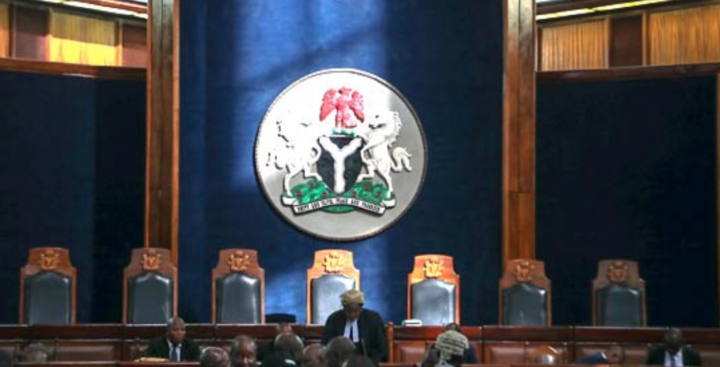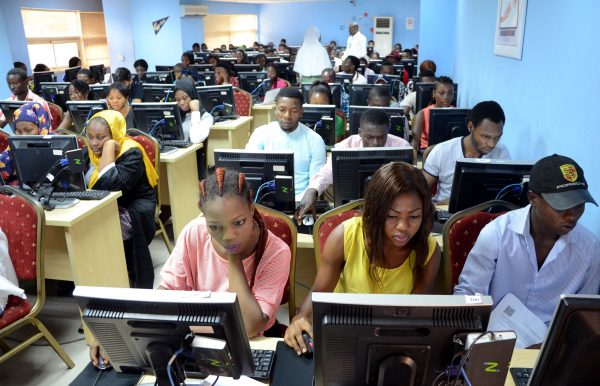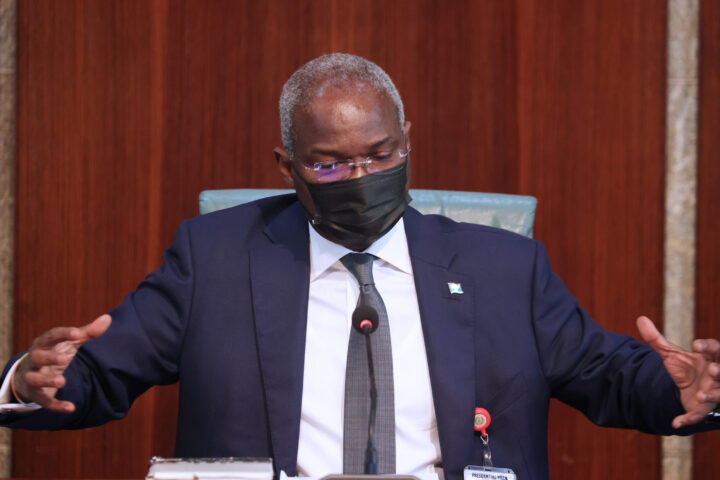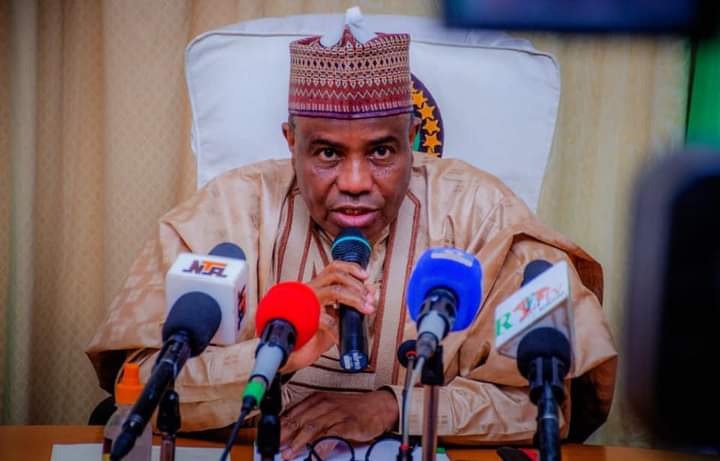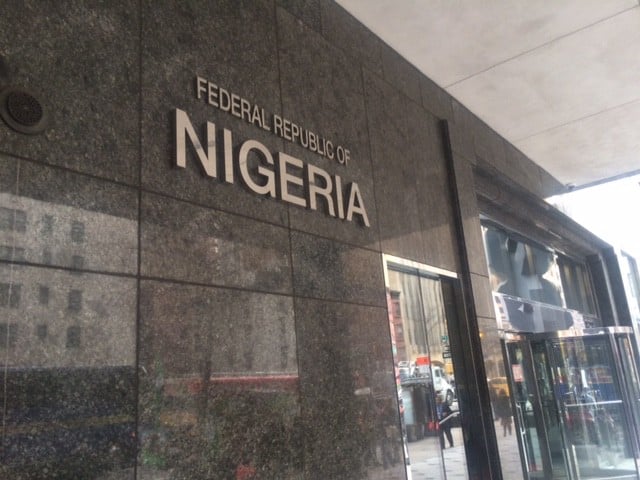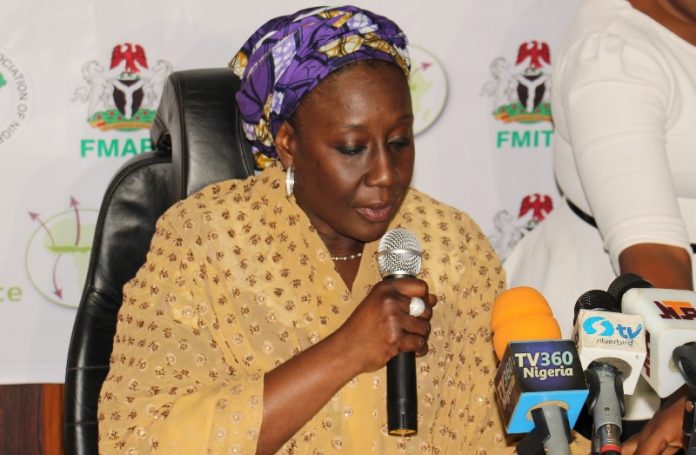BY ADEBAYO ABUBAKAR
I have listened to all manner of people; scholars, politicians and ordinary folks talk about legislature as the most important of the three arms of the government, what with its lawmaking and oversight function over the executive. That could be true, as far as conduct of core business of governance is concerned.
I try to, as much as possible, avoid the debate on which is the most important of the three. As far as I am concerned, their interdependence, interrelatedness and interconnectedness make it very difficult, if not impossible to label one as being the most important of the three arms. Little wonder, the French philosopher, Montesquieu, in his theory of separation of power, advocated a separation of the three arms of the government, in water-tight compartment, but not in absolute sense such that, would stifle the activities of government. Separation of power also has its corollary, the principle of “Checks and Balances”.
When it comes to maintaining “social order”, in the larger society, however, peace is a “sine qua non”; and for there to be peace, there must be social justice. For there to be justice of any form, the institution of Judiciary must be vibrant, independent, and manned by people of impeccable character.
Advertisement
It is only when these conditions are met that the legislature can be sure of its ability to perform its oversight functions effectively well. It would also be confident that.whoever violates whatever law it makes, would have his day in the hallowed chamber of justice, popularly known as the “Court room”.
It is therefore safe to infer that the importance of a vibrant Judiciary in a democracy can never be overemphasized. It’s usually referred to as the last hope of the common man. Some say; it is the pillar that holds the society together, through its maintenance of social order. After a State of failure, Judiciary, vested with the duty of interpreting the law, and adjudication, is the first institution to resurrect, and tries to lay a foundation on which the other two institutions – Executive and Legislature are rebuilt.
Effective performance of these divine duties by the Judiciary is not achieved on a platter. There must be a high measure of independence from other two arms of the government for it to be realisable. Financial and administrative autonomy is very key in ensuring this much-desired independence for the temple of Justice.
Advertisement
As Nigeria strives to worm her way into the comity of democratic nations in the world, stakeholders, as well as scholars in the fields of Political Science and Law, have advocated for Judiciary to be made financially autonomous such that, the executive would not starve it of funds in a way that its activities are not stifled, whenever it is not doing the bidding of those who man the executive arm of the government, which have the penchant for assaulting the rule of the law.
On the issue of “administrative autonomy”, the position is that, the process of recruiting/appointing, promoting and disciplining judicial officers should be, not in the hands of either the legislature or the executive. Rather, it should jointly be placed in their hands in such a way that each functions as checks and balances against the excesses of the other. I think this has been achieved to a very large extent, going by what the constitution say in section 153, which established National Judicial Council, NJC. We have the NJC which is amongst other functions responsible for the Appointment (following nomination by the Judicial Service Commission), Promotion and Discipline of Judicial Officers.
The appointment and removal of any Chief Justice (of Nigeria), CJ(N) or the Chief Judge of a State, as the case may be, is subject to two-third majority of the Parliament. This means even as the head of NJC, there is still a procedure for checkmating the CJN.
The above constitute the constitutional armour built around the Nigerian Judiciary to shield it from the overbearing influence of either the Executive or the Legislature. With that one could say that nobody can turn the Judiciary into an instrument for advancing personal or sectional interest.
Advertisement
Alas, safe as the institution of Judiciary appears to be, from the two other arms, manned by politicians, Nigerian Judiciary has now found itself helpless in the vise-like grip of politicians, who use them to manipulate and subvert simple intra and inter Party democratic processes.
Some judicial officers do not seem to be helping matters, as they seem to have sold themselves so cheaply to the political class that they can be used to secure any form of injunction even if it means the court reversing or contradicting itself. A friend on social media jocularly wrote;
“Abeg, which Judge can give me Injunction against debit alert?”.
Yes, the situation has become that ridiculous.
Advertisement
Some times in 2013, a court of Appeal sitting in Akure, ruled in a case of a journalist, Martins Alo, against the Speaker of Ondo State House of Assembly and Auditor-General of Ondo State, that the Freedom of Information Act is binding on States and therefore needs no domestication by the States House of Assembly.
But about 2014, a Federal High Court in Lagos, presided over by Justice Okon Abang, ruled that the Act was not binding on the 36 states of the federation.
Advertisement
Justice Abang’s ruling on the Act was in contradiction of the judgment of an Ibadan High Court, headed by Justice S.A. Akinteye. Meanwhile, the Ibadan High Court had ruled the year before that, the application of the FoI Act is for the entire federation, therefore, “does not need to be domesticated by any state before taking effect in all states across the federation. (excerpt from “Daily Post”)
Just last year, it was a festival of court actions and counter-actions, by courts of Concurrent jurisdictions, giving conflicting orders on the same subject matter, concerning the Imo North senatorial bye-election held on December 5, 2020, to replace the late Benjamin Uwajumogu, after the Independent National Electoral Commission, (INEC), declared APC the winner of the poll, but refused to announce the winning candidate due to contradicting court orders on the party’s candidacy for the poll, as reported by “Premium Times”.
Advertisement
The latest, it would be recalled, was on August 24, 2021, when a Rivers State High Court sitting in Port Harcourt, issued an order of interim injunction restraining the national chairman of the People’s Democratic Party, PDP, Uche Secondus from parading himself as such, pending the hearing of an application filed against him.
The judgment was based on an ex-parte application by Ibeawuchi Alex, Dennis Amadi, Emmanuel Stephen, and Umezerike Onucha, as plaintiffs.
In a swift turn of events, a Kebbi State High Court sitting in Birnin-Kebbi on August 26, 2021, issued a counter-judgment, restoring Secondus as national chairman of the PDP.
Advertisement
The Kebbi High Court order came as a result of a suit by four members of the PDP in the state, in persons of Abubakar Muhammad, Yahaya Usman, and Bashar Suleman, who filed the ex parte application dated August 25, 2021.
As if we have not had enough, on August 27, 2021, a Cross River State High Court sitting in Calabar, presided over by Justice Edem Kooffreh restrained Secondus from resuming office as the national chairman of the PDP.
The Judge made the order while ruling on a motion ex-parte by Enang Wani.
It has become so embarrassing that, no less a personality than a former Attorney-general of the federation, Kanu Agabi, SAN, and the President of the Nigerian Bar Association, NBA, Olumide Akpata, had to cry out, in condemnation of the ridicule, to which the Judiciary is being subjected, through the judicial recklessness of some priests at the temple of Justice, who take delight in abusing judicial processes, in the name injunctions.
Reports have it that, the the CJN, Tanko Muhammad, through the NJC, has summoned no fewer than six Chief Judges; of Jigawa, Imo, Anambra, Kebbi, Rivers and Cross Rivers States, to come and explain the recent wave of contradictory judgment from their respective courts; what warranted issuance of conflicting orders by courts of Concurrent jurisdiction in their domains.
Remember; in Judiciary, once a court issues a judgment, it takes a ruling by a court of superior jurisdiction to upturn such it; but not anymore in Nigeria. There was even a time, a Customary court in Ekiti, reportedly issued a judgment that ran, contrary to a Supreme Court judgment. Funny, but true!
Is it not an irony, when the executive, being accused by the Judiciary of undermining its independence, now have the victim surrendering itself for the humiliating interference in the discharge of their duty? It would be recalled that, during the first tenure of President Muhammadu Buhari, there was a midnight invasion of residences of some selected senior judges in the country, on allegations of bribery and corruption that were never proven beyond any reasonable doubt. Many Nigerians of conscience, I could remember, condemned the act, in unequivocal terms.
I am not sure, if the Judiciary, in the light of the recent dance of macabre, would enjoy the same public sympathy it got then, should something similar happens again.
Judiciary has successfully been set up against itself. Nigeria’s Judiciary has become a sick and beleaguered institution in a dire need of a saviour. Then arises the question; “who will save the Judiciary from itself?”
Adebayo Abubakar writes from Ilorin Ilorin. You can reach him via [email protected]
08051388285
Add a comment
